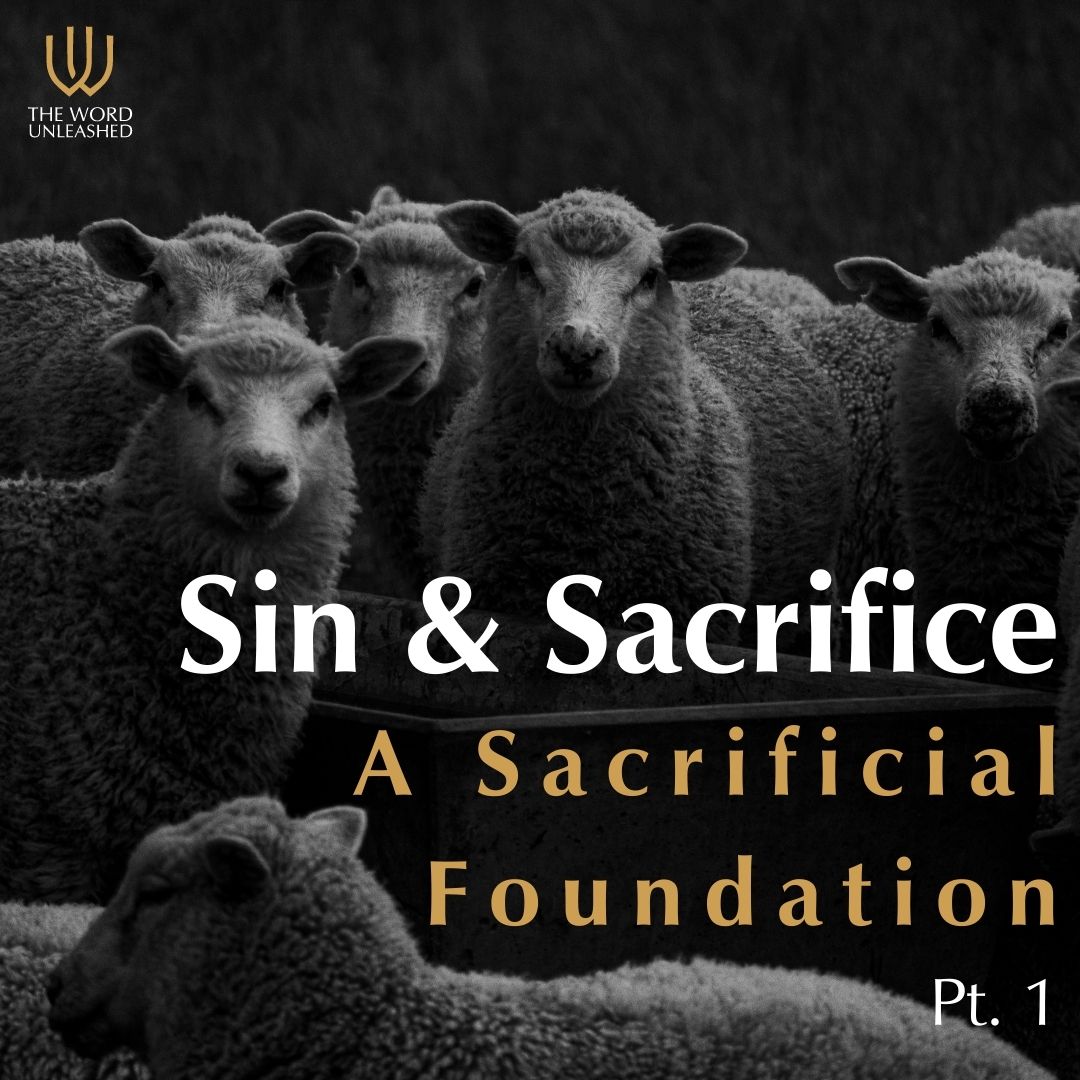
In 1996, I had the opportunity to travel to India. The most indelible memory of that trip was a visit to the Temple of Kali, one of the chief gods in Hinduism. As I exited the temple and walked into the adjoining courtyard, suddenly a couple came in with the intent of cursing one of their enemies by sacrificing a temple goat. As I stood there, not even six feet away, a priest took a large knife, slit the goat’s throat, and cried out to Kali to curse their enemies. In reality, what I was witnessing was not a sacrifice to a false god, but to demons (1 Cor. 10:14–22).
As I watched that spectacle unfold, my mind went back to the sacrificial system in the Old Testament. Specifically, when animal sacrifices were a crucial part of the worship of the true God. Those sacrifices were carefully prescribed by God, not to invite curses on others, but in hopes of receiving God’s blessings.
The truth of the matter is God demands sacrifice from every human being. In fact, the purpose of the first sixteen chapters of Leviticus is to instruct the nation of Israel that sinful man can only approach God through sacrifice. In Leviticus 1–7, God prescribes five different kinds of sacrifices that were to be performed as an act of worship by every child of Israel. According to Numbers 28 and 29, God required four of the five sacrifices to be offered every year as national sacrifices.
Theologically speaking, there are a number of doctrinal realities that undergirded the entire Old Testament sacrificial system. First, God’s holiness and justice are the foundation for the entire system.
Leviticus 19:2, “You shall be holy, for I the Lord your God am holy.”
Exodus 34:7, “The Lord, the Lord God, compassionate and gracious, slow to anger, and abounding in lovingkindness and truth; who keeps lovingkindness for thousands, who forgives iniquity, transgression and sin; yet He will by no means leave the guilty unpunished.”
A second doctrinal reality that undergirds the framework of the sacrificial system is the sinfulness of man. All of us—without exception—have sinned against God, and the Scriptures teach that we have violated His Law and have spurned His goodness. Solomon writes, “Surely there is no righteous man on earth who does good and never sins” (Eccl. 7:20). The apostle Paul adds, “For all have sinned and fall short of the glory of God” (Rom. 3:23).
Because of man’s sinfulness, the only way he can approach a holy God is based on the terms that God establishes, and those terms demand sacrifice. Not only was this true during the period of the Old Testament, it is still true today. The only way any one of us can approach a holy and just God is through sacrifice. The key difference being, as Hebrew 10 demonstrates, no longer through the sacrifice of an animal but through the sacrifice of Jesus Christ.
Throughout this series we will walk through Hebrews 10:1–18 together, for the purpose of discovering the relationship between Sin & Sacrifice.